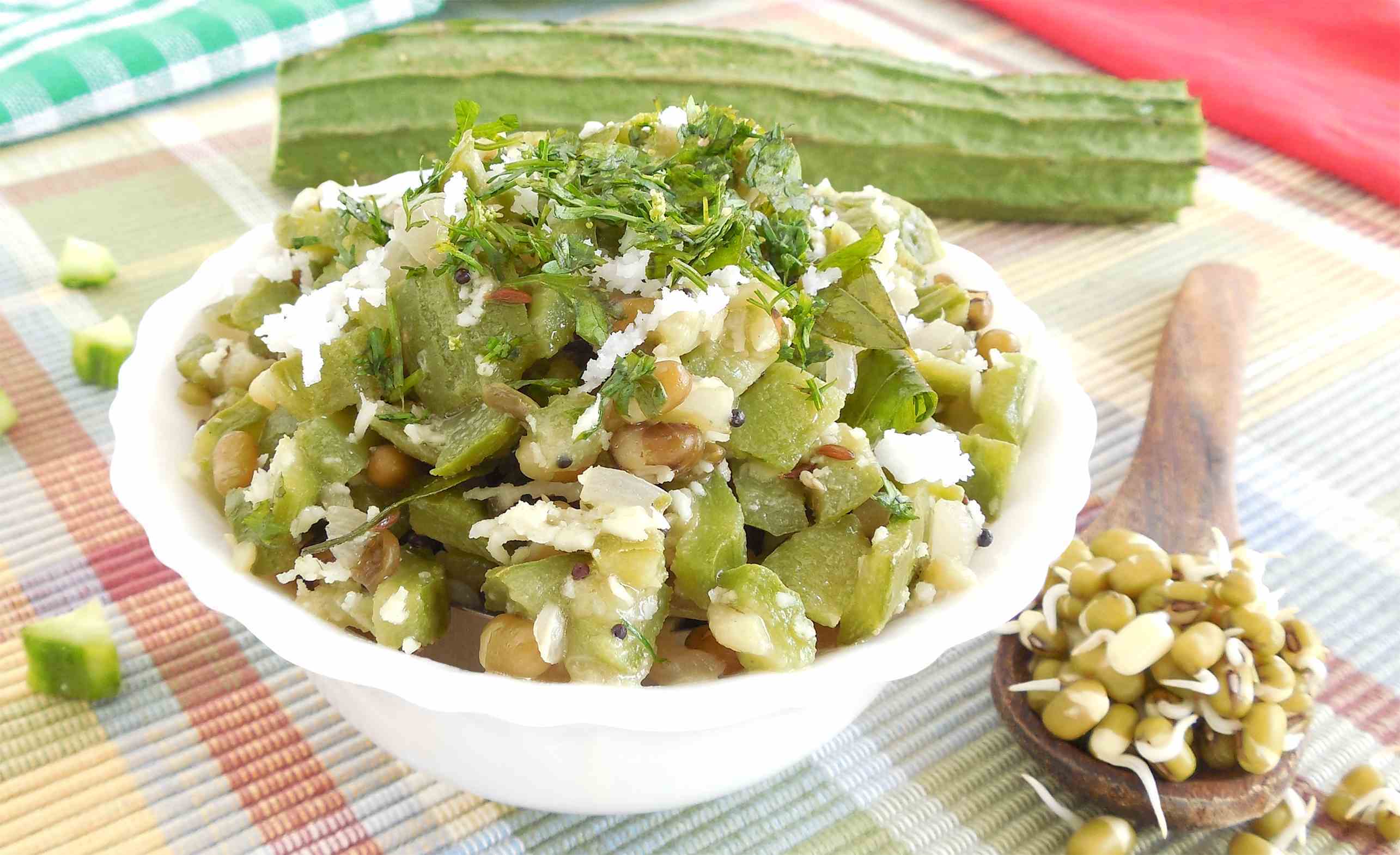Ridge gourd or torai is one of the best food for diabetic patients. While most people think they are vegetables, gourds belong to the class of fruits. Apart from culinary purposes, ridge gourd is also used for various medicinal purposes. It is used to treat conjunctivitis in children. Its dry powder is used to treat jaundice, and the decoction of the leaves are given to women with amenorrhea.
Traditionally, we Indians make ridge gourd in the form of curry, chutney, soup, sambar, and dal. It has a very soft and spongy flesh and is especially useful for those with low sugar symptoms. It is also known to be very effective for people with diabetes as it can lower blood sugar levels on the long run.
Benefits of including ridge gourd in a diabetes diet menu
- With rich dietary fiber content, ridge gourds are great for digestion
- It assists in weight loss
- It relieves constipation
- They are good blood purifiers
- They reduce acidity in the stomach and are good for gastric ulcers
- Ridge gourd contains vitamin C, iron, magnesium, thiamine, riboflavin, and zinc
- Ridge gourd also contains alkaloids and insulin-like peptides that help in reducing blood sugar levels
Calories in Ridge Gourd Curry (100 gm.)
| Calories | 66.92 Kcal |
| Protein | 1.62 gm. |
| Fat | 4.13 gm. |
| Saturated Fat | 0.09 gm. |
| Carbohydrates | 5.33 gm. |
| Fiber | 3.02 gm. |
| Sodium | 8.81 mg. |
| Potassium | 215.29 mg. |
| Calcium | 31.35 mg. |
| Iron | 0.87 mg. |
| Zinc | 0.41 mg. |
Vitamins in Ridge Gourd Curry (100 gm.)
| Vitamin B2 | 0.03 mg. |
| Vitamin B6 | 0.17 mg. |
| Vitamin B9 | 42.9 μg. |
| Vitamin C | 11.7 mg. |
| Vitamin D2 | 0.83 μg. |
| Carotenoids | 1456.64 μg. |
















